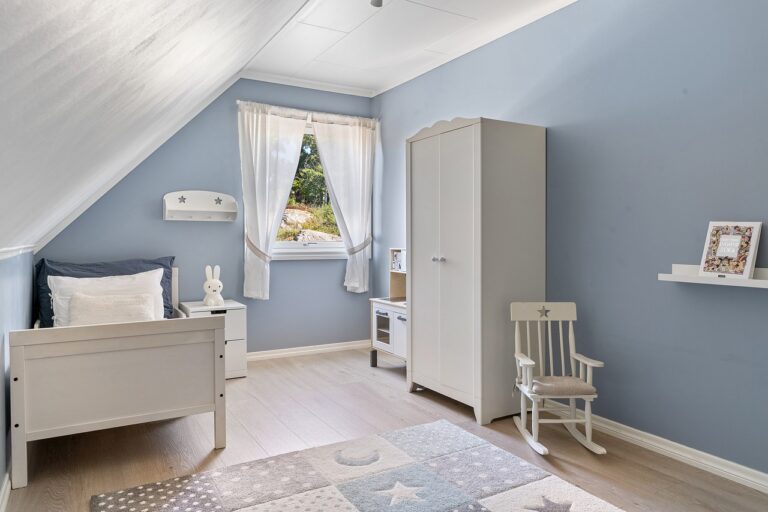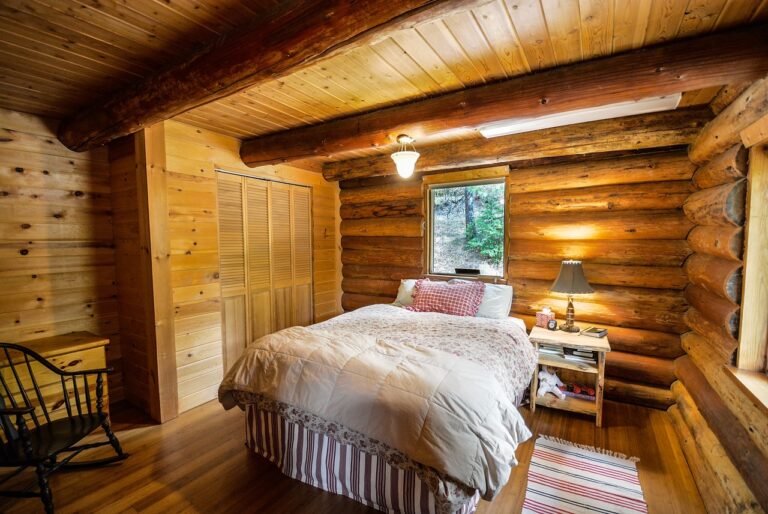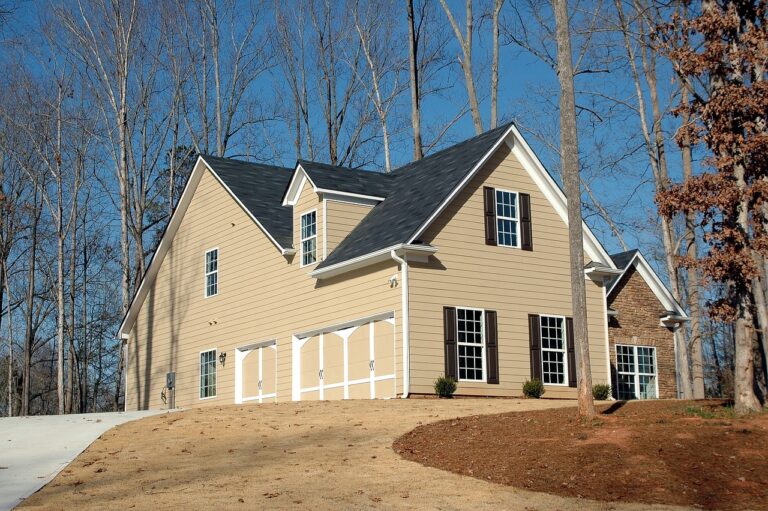Ventilation Systems for Home Basements: Laser book, Silverexch, 11xplay reddy login
laser book, silverexch, 11xplay reddy login: Basements are an essential part of many homes, providing extra space for storage, a home office, a playroom, or even a cozy family room. However, due to their location underground, basements often face issues with ventilation. Proper ventilation is crucial to prevent musty odors, mold growth, and poor indoor air quality. In this article, we will discuss the importance of ventilation systems for home basements and how you can improve air circulation in your underground space.
Why Basement Ventilation Is Important
Basements are naturally prone to high humidity levels, which can lead to mold and mildew growth. Poor ventilation exacerbates this issue by trapping moisture inside the basement, creating the perfect environment for mold spores to thrive. In addition to mold growth, inadequate ventilation can also contribute to poor indoor air quality, leading to health problems such as allergies and respiratory issues.
Benefits of a Proper Ventilation System
Installing a ventilation system in your basement can provide numerous benefits, including:
– Improved indoor air quality
– Reduced humidity levels
– Prevention of mold and mildew growth
– Elimination of musty odors
Types of Ventilation Systems for Basements
There are several types of ventilation systems that you can consider for your basement, including:
1. Exhaust Fans: Exhaust fans are a cost-effective way to improve air circulation in your basement. They work by removing stale air and moisture from the space.
2. Dehumidifiers: Dehumidifiers are particularly effective in basements with high humidity levels. They help to reduce moisture in the air, preventing mold growth.
3. Mechanical Ventilation: A mechanical ventilation system, such as an air exchanger, can help bring fresh air into your basement while removing stale air.
4. Natural Ventilation: Opening windows and doors, as well as installing vents, can promote natural airflow in your basement.
Tips for Improving Basement Ventilation
In addition to installing a ventilation system, here are some tips for improving ventilation in your basement:
– Keep the basement clean and clutter-free to allow for better airflow.
– Seal any cracks or gaps in the walls and floors to prevent moisture from entering the basement.
– Use exhaust fans in areas prone to high humidity, such as the bathroom or laundry room.
– Consider installing a waterproofing system to prevent water leaks and moisture issues.
FAQs
Q: How can I tell if my basement has poor ventilation?
A: Signs of poor ventilation in the basement include musty odors, mold growth, high humidity levels, and condensation on windows.
Q: How often should I run my ventilation system in the basement?
A: It is recommended to run your ventilation system regularly, especially during humid weather or when the basement feels damp.
Q: Can I install a ventilation system myself, or should I hire a professional?
A: While some ventilation systems can be DIY-friendly, it is advisable to consult with a professional to determine the best solution for your basement’s ventilation needs.
In conclusion, proper ventilation is essential for maintaining a healthy and comfortable basement environment. By investing in a ventilation system and following the tips outlined in this article, you can improve air circulation in your basement and prevent common issues such as mold growth and musty odors.







